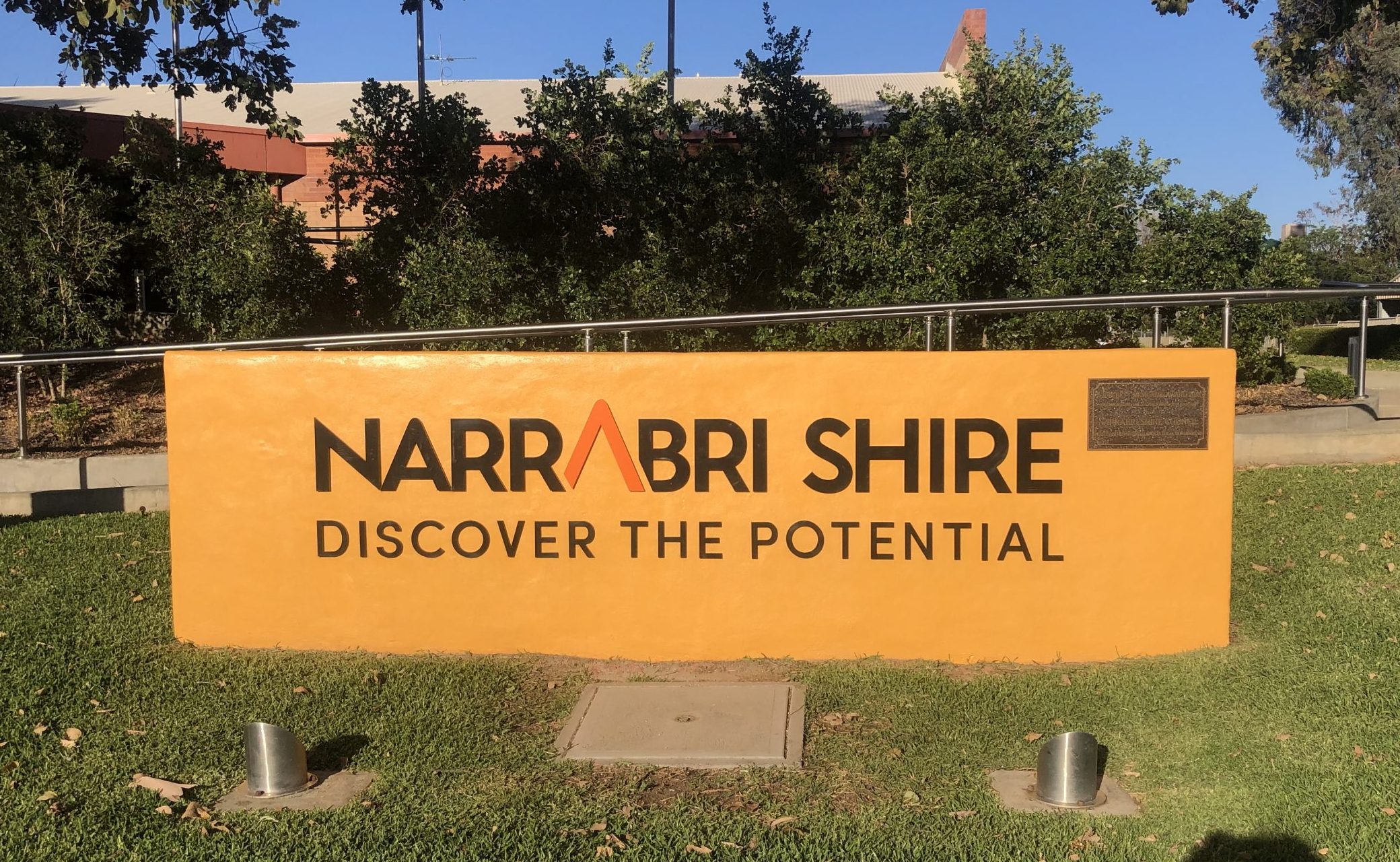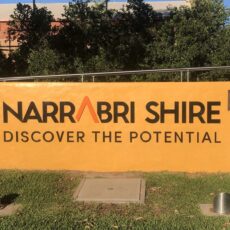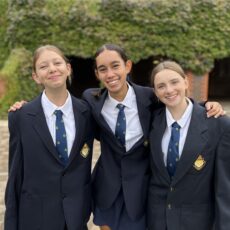Narrabri Shire Council elections, along with all local government elections across NSW, will now be held on September 4, 2021.
The elections were scheduled for September this year at the conclusion of the four year term, but were postponed because of health restrictions on public gatherings.
The nine member Narrabri Shire Council may be operating for the extended term with eight councillors.
The council has applied to the Minister for Local Government ‘to dispense with a by-election to fill a vacancy’ (regarding the position held by Cr Loder) on the council as it has occurred within 18 months of an ordinary election.
Bi-ennial mayoral elections will be held as normal this September.
Elections are a significant financial cost to councils.
Local Government NSW president Linda Scott welcomed the government’s announcement, which she said will bring certainty for councils, and hoped the extended period would allow time to address the rapidly rising cost of elections.
“Administratively, council elections take up to 12 months to organise and can absorb considerable administrative resources.
“The 2020 council elections were set to be the biggest single public event on the NSW calendar.”
Cr Scott said while the Government’s announcement was welcome, councils rejected any State Government suggestions of enforcing a universal postal voting system.
“Councils support postal voting as an option, as well as optional online voting, but they do not support a universal, one-size-fits-all approach that may disadvantage some members of their communities in voting.”
The cost of elections had ‘skyrocketed over the past three years’.
“Councils have received cost estimates from the NSW Electoral Commission for local elections that have increased by as much as 100 per cent compared to just three years ago,” she said.
“According to the NSWEC, these cost hikes are a result of rising staffing, venue and ballot paper printing costs.
“The increases unreasonably high, and they come at a time when councils can least afford them, and the people who will end up paying for it are the ratepayers who have to pull money from infrastructure and services to pay the bill.
“LGNSW want to work with the NSW Government to ensure election costs don’t increase by more than the rate cap limit, which is 2.6 per cent.
“One way this could happen is by ensuring schools and other election venues don’t overcharge, especially since public schools enjoy subsidised use of council facilities such as sporting complexes.”
To order photos from this page click here



